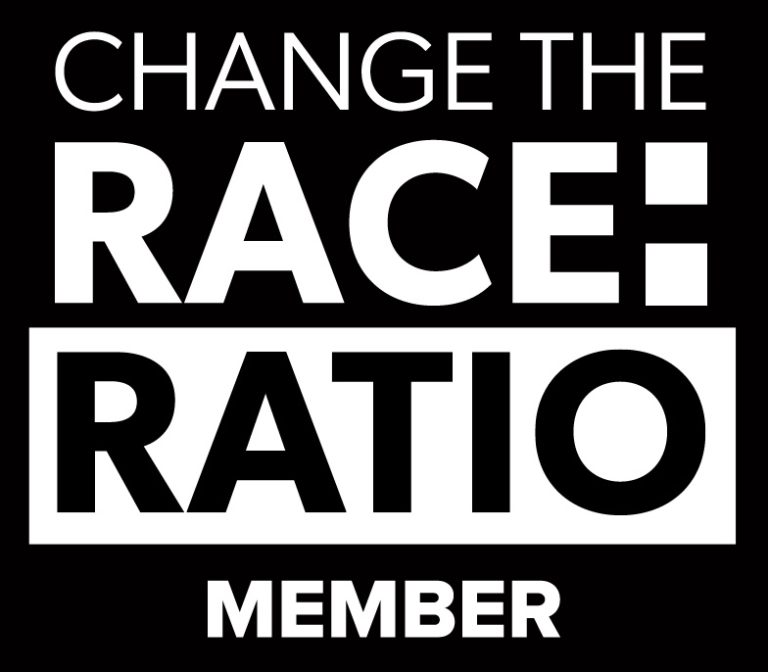AI in Recruitment: What It Means for The Candidate Experience




The use of artificial intelligence (AI) in recruitment is accelerating rapidly – but is it helping or harming the candidate experience? That was the question explored in a recent CIPD podcast, in partnership with Omni.
“AI Use in Recruitment and Job Applications”, hosted by Nigel Cassidy, podcast host for the CIPD, brought together three experienced HR leaders to explore the ethical, operational, and human implications of AI in hiring.
The guests included:
Together, they discussed the growing use of AI in recruitment in areas such as job ad creation, CV screening, chatbots, onboarding, and skills assessments – while also highlighting where things can go wrong…
The conversation opened with examples of how AI can fail. Natalie Sheils shared a cautionary tale from her time at Mosaic, where a well-meaning AI screening tool trained on past hires began to prioritise male candidates from the same universities, reflecting unintended bias in referral patterns. It was a classic case of “bias in, bias out”.
Katie Obi noted how this risk is compounded when there’s little visibility or governance around how AI is being used – something particularly common in smaller businesses or fast-moving tech environments.
Katie Noble, Omni’s Transformation Director talked to the candidate experience and what organisations can do to embed AI ethically and transparently into their hiring processes.
Katie has been at the forefront of designing recruitment processes that incorporate AI responsibly. Drawing on Omni’s partnership with the CIPD in producing the Resourcing and Talent Planning Report, she highlighted both the growing use of AI in recruitment and the large number of organisations – particularly SMEs and public sector bodies – not yet using it at all.
“Around 80% of SMEs, public sector organisations, and an even higher proportion of non-profits are not using any kind of AI at all,” said Katie.
This contrast underscores a key point: while AI adoption is increasing, its application is still uneven and often poorly understood.
Katie emphasised the need for organisations to be clear when AI is used – and how it works.
“Candidates are nervous about someone – or something – making a decision that isn’t human, and they don’t have access to understand how that decision was made.”
This lack of transparency can erode trust in the process and deter diverse candidates. She advocates for open communication with candidates, explaining where AI is involved and ensuring it supports – not replaces – human judgement.
One of Katie’s strongest points was that organisations must take ownership of the technology they use, especially when it impacts hiring decisions.
“The key to all of this being successful is transparency – that constant review of where discrimination comes in… But there’s a hesitation, a nervousness to share this information. And that’s when everyone becomes nervous.”
Katie warns that when organisations fail to set clear policies or provide guidance, employees may start using AI tools independently, increasing the risk of ungoverned, biased, or inconsistent decisions. She referenced the LinkedIn and Microsoft Work Trend Index, which found that 78% of AI users are using their own tools, often without oversight.
A major area of concern – and opportunity – is in automated assessment and shortlisting. While these tools can save time, Katie stresses that they must be audited to ensure fairness.
“We’re trying to speak to organisations about moving beyond the CV… If we’re expecting candidates to be AI literate, we also have to build systems that are fair and transparent in how they assess them.”
By training hiring managers in effective interviewing and using skills-based, structured assessments, organisations can balance automation with human judgement.
Katie acknowledged that AI is already adding value in several areas of recruitment:
For organisations that have adopted AI in these areas, 66% report improved hiring efficiency, and 62% say it has enhanced resource planning (according to the CIPD report co-authored with Omni).
But again, she urges caution – especially in automating decisions that directly affect candidates.
All three guests agreed on one thing: AI should support, not replace, human insight in recruitment.
Katie Noble summed it up best:
“We have to recognise that AI is here to stay. There are massive gains to be made. But we need to think about how we do it effectively and more responsibly.”
AI can enhance the candidate experience – but only if it is used with purpose, transparency, and governance.
You can listen to the full podcast here.

Omni’s EDI Training for Leadership Teams covers the value of leading teams inclusively, how leaders impact an organisation’s EDI agenda, barriers hindering an inclusive culture, addressing unacceptable behaviours, the complexities of microaggressions, the implications of being a bystander, and understanding laws protecting employees from discrimination.
Omni’s training covers understanding potential discrimination areas during recruitment, recognising bias and its impact, avoiding discrimination, implementing positive action and diversity strategies, making reasonable adjustments, objective shortlisting and selection through evidence-based decisions, and structured interview techniques with appropriate questions.
Omni offers tailored training programs in various formats, including face-to-face, live virtual workshops, and eLearning modules, to meet your business objectives. With a satisfaction score of over 95% and clients returning year after year, Omni has a proven track record of delivering high-quality training that meets organisational needs.
At Omni, we prioritise an evidence-based approach that ensures reliable and effective assessment processes. Our team of expert Organisational Psychologists brings extensive experience in designing and delivering robust assessments that are inclusive, skills-focused, and tailored to your unique organisational needs. We also offer flexibility and support throughout the assessment process, ensuring successful implementation and tangible results.
Our assessment solutions are designed to elevate your hiring process by identifying the best candidates based on their skills, potential, and fit for the role. We help you define the critical competencies required for success, develop tailored assessments that accurately evaluate these competencies, and provide deep insights into candidates’ aptitude and personality traits. This evidence-based approach improves productivity, reduces turnover, and ensures a positive candidate experience. There are several benefits that personality profiling can bring to the recruitment process, such as supporting inclusive hiring, improved decision making, and increased efficiency.







